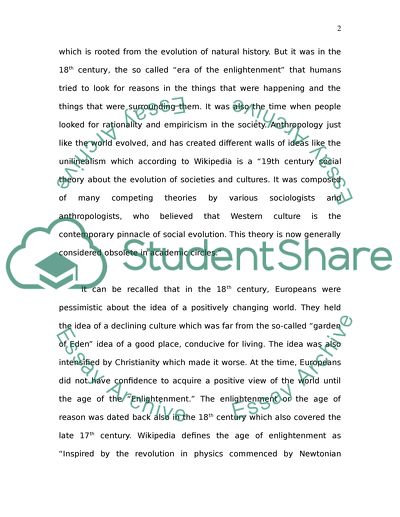Cite this document
(“The European Sociopolitical Foundations of Anthropological Thought Essay”, n.d.)
The European Sociopolitical Foundations of Anthropological Thought Essay. Retrieved from https://studentshare.org/miscellaneous/1500009-the-european-sociopolitical-foundations-of-anthropological-thought
The European Sociopolitical Foundations of Anthropological Thought Essay. Retrieved from https://studentshare.org/miscellaneous/1500009-the-european-sociopolitical-foundations-of-anthropological-thought
(The European Sociopolitical Foundations of Anthropological Thought Essay)
The European Sociopolitical Foundations of Anthropological Thought Essay. https://studentshare.org/miscellaneous/1500009-the-european-sociopolitical-foundations-of-anthropological-thought.
The European Sociopolitical Foundations of Anthropological Thought Essay. https://studentshare.org/miscellaneous/1500009-the-european-sociopolitical-foundations-of-anthropological-thought.
“The European Sociopolitical Foundations of Anthropological Thought Essay”, n.d. https://studentshare.org/miscellaneous/1500009-the-european-sociopolitical-foundations-of-anthropological-thought.


